#BizTrends2018: Four trends making their mark on the future of travel
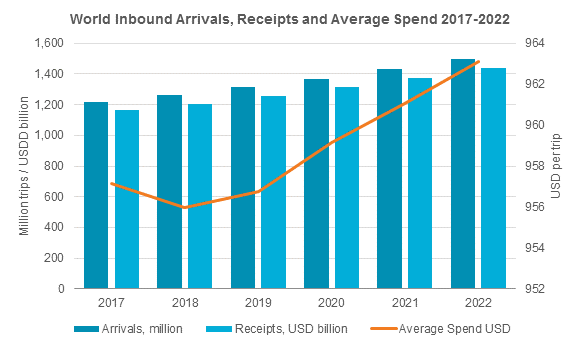
As with other industries, tourism and travel are enjoying the integration of a number of new and emerging technologies, which are poised to create enhanced user experiences throughout the travel lifecycle.
Below is a brief overview of some of these leading technology trends transforming the future of travel:
1. Virtual travel enhances planning and sharing
Today's travellers are destination oriented. They likely have a bucket list of places they hope to visit and experiences they plan to enjoy. Virtual or immersive travel offers 360-degree simulations of destinations and attractions using virtual reality (VR) or augmented reality (AR). Accessible devices such as Google Cardboard, which begin as low as $15, or higher-end devices such as Oculus, sold at $200, allow users to evaluate destinations and attractions as part of their planning and booking process.
According to Booking.com, 64% of travellers would like to test drive their travel options prior to booking. VR, which enables "try before you buy" for travel is, therefore, a strong advertising tool. Airlines use it in order to sell upgrades and premium amenities. Hotels offer potential customers the option of getting an actual feel of the rooms and facilities they offer via 360-degree portrayals on their sites. Travel agents can utilise the above devices to offer different options to their clientele.
What’s more, immersive travel doesn't end at the planning stage. New technologies enable travellers to capture 360-degree memories and post these as they would a picture on social media. For instance, the Giroptic IO, a multi-lens phone add-on, is a promising tool for immersive travel capture and share.
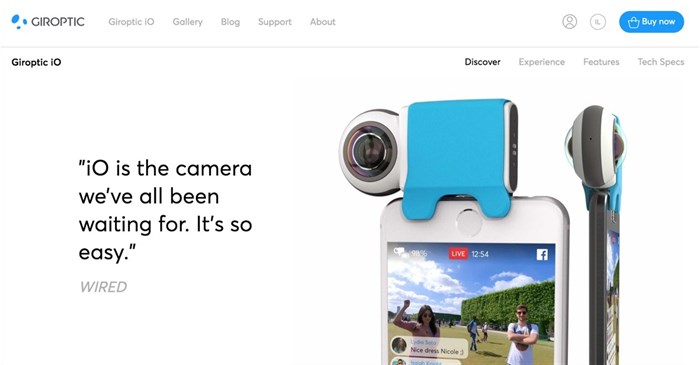
2. Personalised travel improves the customer experience
Artificial intelligence (AI), big data and personalisation tools are reshaping both travel search and customer service. By gathering and analysing a travellers' habits, suppliers can anticipate their preferences and create enhanced personalised experiences, such as customised travel suggestions, up-sale of events which meet the traveller's profile, or even the number of towels waiting for them in their hotel room upon arrival.
AI will also improve the booking process. With the sheer breadth of options available, it is necessary to direct the users to options that suit them. Hotels with a kitchenette and pools should be offered first to families which have opted for these options in the past. By offering travellers what they need and prefer (based on past behavioural patterns), online travel agents (OTAs) will shorten the research stage and experience more bookings.
According to the above Booking.com study, close to a third of travellers are comfortable letting a computer plan their trip based on their previous travel history, and 50% don't mind dealing with bots who answer their questions.
OTAs such as Expedia and Kayak are investing in voice-directed bookings, which will enable a hands-free, convenient booking experience. Voice responses, such as over Siri or Alexa, will be focused on the most personalised and relevant data. TravelBots and Facebook Messenger, such as offered by Lufthansa, use AI and natural language processing (NLP) to effectively assist customers throughout their travels. Travellers input their travel destination and details, and the bots make recommendations and enable booking. The bots then update travellers with their itinerary and real-time changes.
Additional AI tools, making travellers' lives better are airport guides such as the one offered by LG.
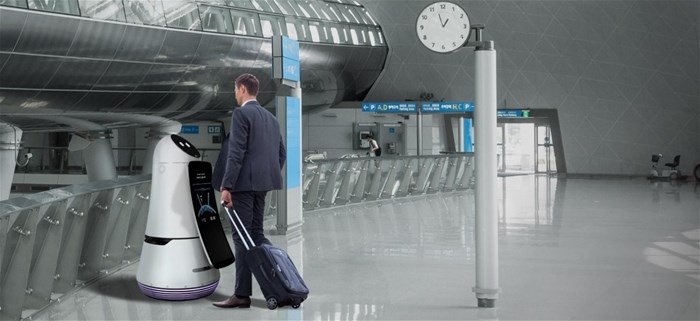
These robots scan boarding passes and guide travellers to their gates easily.
3. Wearable tech creates seamless travel experiences
Increasingly integrated into travel, wearables create seamless travel experiences with easily accessible and helpful tools at users' fingertips. Below are a few examples of wearables that can significantly improve different stages of the travel experience:
NFC-powered wristbands: Princess Cruise's Ocean Medallion, Disney's Magic Band and Universal's TapuTapu are all examples of NFC-powered wristbands or medallions, which interact with sensors throughout the parks or cruise ship. The technology anticipates what the traveller might want and offers suggestions on screens in their proximity. The wearable serves as a room key, as a charge account, as a location device to find family and friends, and even as a trigger for special effects on demand.
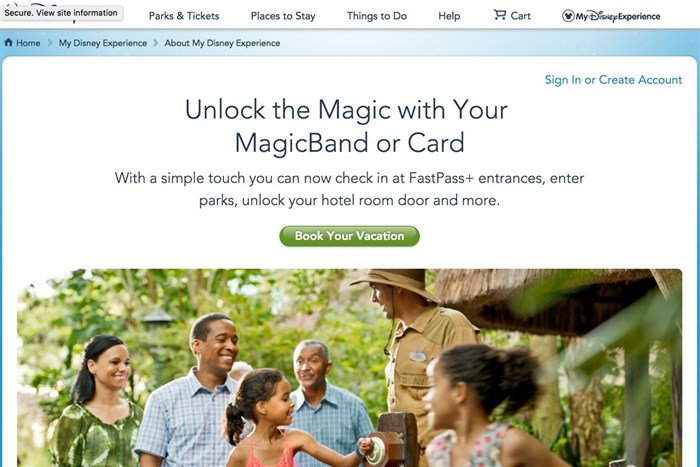
Real-time translation earpieces: InspEar and Waverlabs offer earpieces with in-ear translation and hearing control capabilities, improving the entire travel experience.
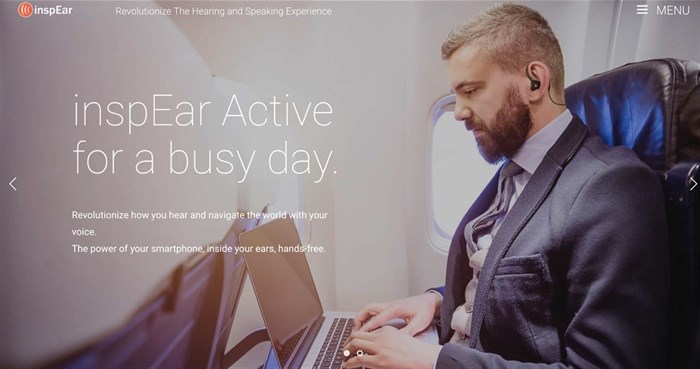
4. Biometric technology ensures secure and efficient travel
Biometric information such as from a traveller's fingerprints, irises or face are increasingly used in security procedures and for check-in in international travel. US border control gathers biometric data upon entry and exit. TSA uses biometrics in conjunction with their PreCheck service to enable quicker processing times for low-risk travellers.
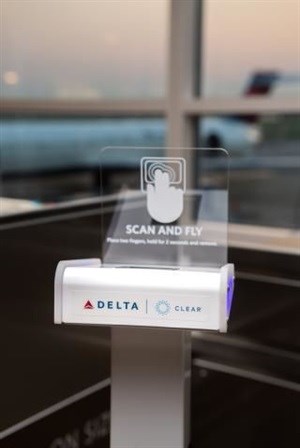
However, biometric use is not reserved only for border control and TSA. JetBlue, KLM and Delta are implementing biometrics in their paperless passport and boarding pass alternative. JetBlue and KLM focus on face recognition, while Delta is implementing fingerprinting identification for boarding passes and self-serve bag checking via facial recognition.
Additionally, the world of digital payments is adapting biometrics into their technology in order to enable more seamless transactions while flying abroad. Various payment facilitators incorporate biometric authentication with their mobile payment applications. Users simply tap their phone at NFC-powered terminals, or scan QR codes for mobile wallet payments, and are identified via fingerprint, eye scan or face recognition authentication technologies.
Taking this one step further, Japan has launched a pilot, in anticipation of the 2020 Olympics, where travellers link their fingerprints to their credit cards, allowing them to pay at a host of local establishments, in a truly cash-free method.
In addition to increased security, these measures improve efficiencies, which is a necessity when considering the projected growth in travel rates in the upcoming years. Combined with the additional travel trends presented above, the next years will be an exciting time to travel the world, with personalisation and enhanced experiences literally at our fingertips.



































